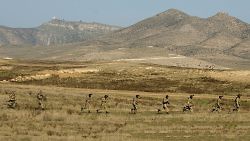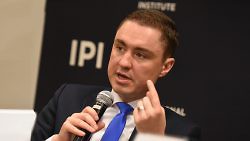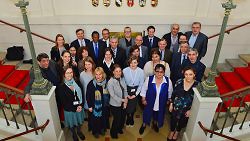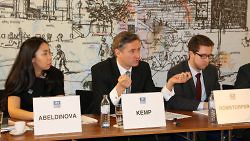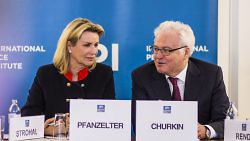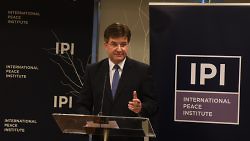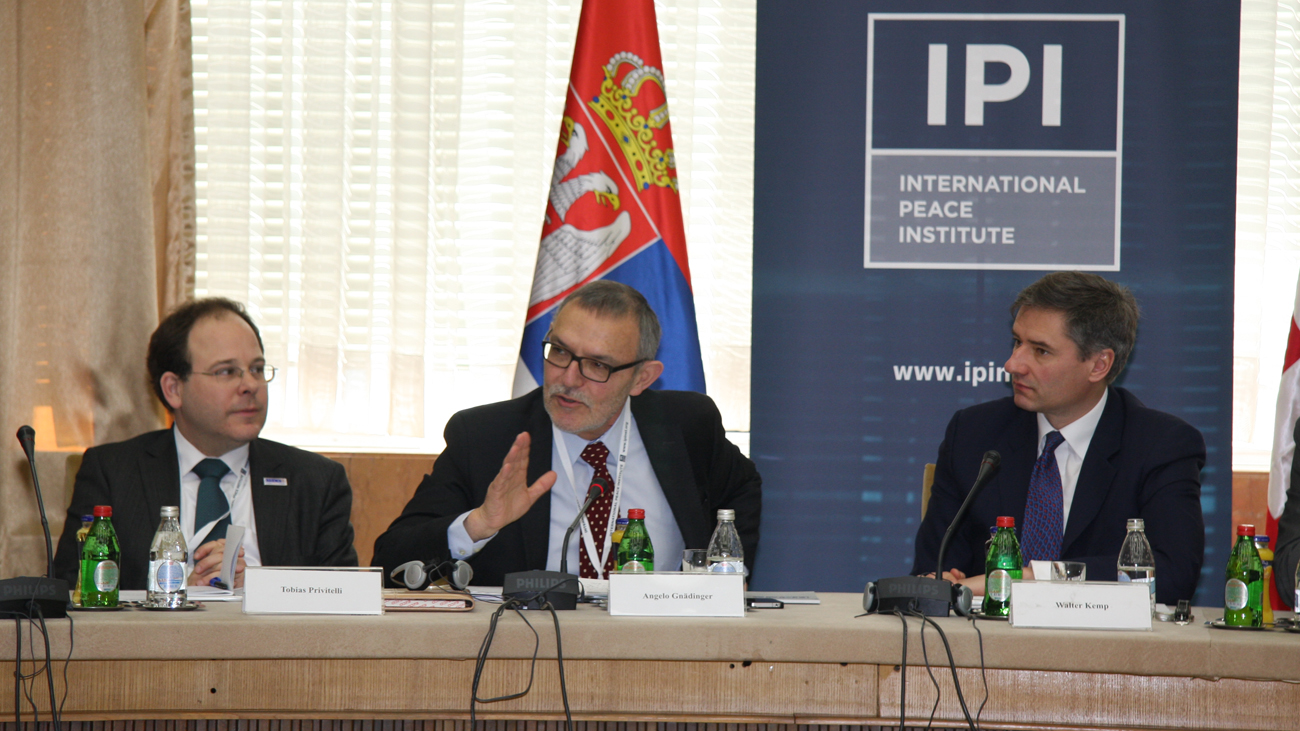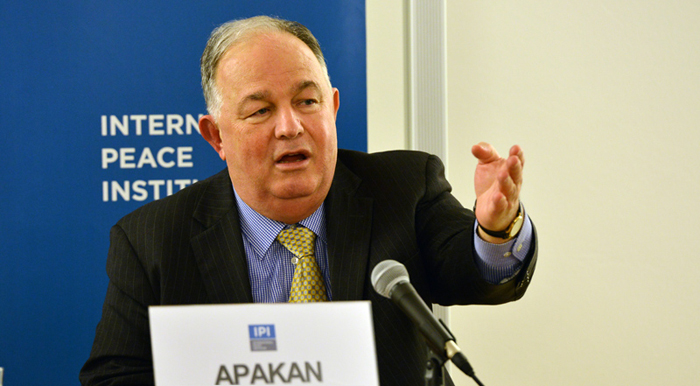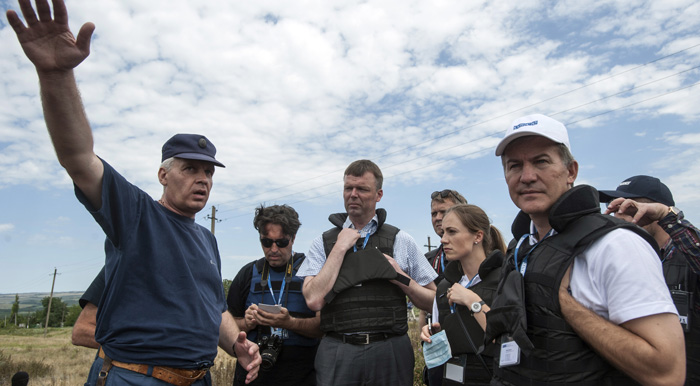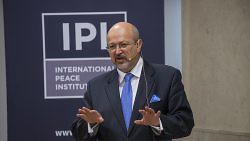
Lamberto Zannier, the Secretary General of the Organization for Security and Co‑operation in Europe (OSCE), discussed the organization’s perspective on “Security Challenges in Europe,” at an IPI meeting, May 17, 2016.With a membership of 57 countries and based in Vienna, the OSCE is the largest intergovernmental body in the world. Though nominally a security organization, […]
Read more